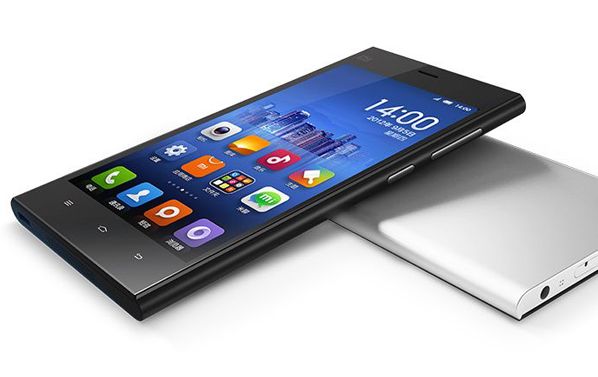
This Chinese startup could outmaneuver big companies in the coming smartphone boom in developing countries.

“Even a pig can fly if it sits in the right spot during a whirlwind.” —Jun Lei
Steve Jobs jolted the mobile-phone business by introducing a device that everyone had to copy. Now his unabashed admirer Jun Lei is shaking up the enormous Chinese market with smartphones that cost much less than comparable devices.
Lei is founder and CEO of Xiaomi, which is just four years old but already one of the top six smartphone vendors in China. It entered the business in 2010 by releasing a custom Android operating system, known as MIUI (pronounced “me UI”), whose interface looked a lot like the iPhone’s. It was hugely popular among enthusiasts who love to modify a phone’s functions. A year later, Xiaomi began selling a series of phones that had high-end specs but sold for roughly half of what rival devices were going for in China.
One reason the prices are so low is that Xiaomi (pronounced “zho-me”) sells at or near cost and makes its money when customers pay for its cloud-based services, such as messaging and data backup. The company is also skillful at timing its sales. It presells a very limited number of devices, which invariably sell out, attracting more interest. By the time the later buyers get their devices, manufacturing costs have declined significantly for Xiaomi.
Lei has cultivated a Jobs-like image, all the way down to his personal wardrobe and product announcements. His fans call him “Leibs” (a combination of Lei and Jobs), though his detractors also use the term in mockery. Regardless, his company is getting itself in position to sell a big chunk of the billion Android phones expected to flood the developing world in the next few years as prices keep falling.


Xiaomi confident of impending success in China
Chinese budget smartphone manufacturer Xiaomi plans on doubling its 2013 sales over the next year, according to chairman and co-founder Lei Jun.
The firm sold 18.7 million smartphones last year, which was an increase of 160% over 2012, while sales of handsets overall more than doubled to CNY31.6 billion ($5.2 billion). Lei’s somewhat bullish outlook, which he communicated via micro-blogging site Sina Weibo, may not be unrealistic.
Xiaomi’s flagship smartphone, the Mi3, has an unsubsidised RRP of CNY1,999 (around $330). The first shipment of 100,000 of the devices sold out in less than 90 seconds. This demonstrates the demand for cheaper devices in China, where even the cheapest iPhone 5C sells at around $740. By contrast, Xiaomi’s cheapest devices sell at around $130.
The firm is fast gaining traction in China, taking the sixth largest market share in the third quarter last year. This places it just behind Apple. However, it faces competition in the budget arena in the form of two new devices in Huawei’s Honor series.

One of the major reasons for Xiaomi’s success and it catching the attention of the outside world has been the pricing of its phones. Xiaomi sells high specced phones that can compete with flagship Galaxy smartphones from Samsung and deliver it to consumers at almost half the price. Its latest Mi3 smartphone, for instance, costs just $327 or half the price of the latest iPhone or the Galaxy S4. The specifications include the top-of-the-line Nvidia Tegra 4 or Qualcomm Snapdragon 800 chipsets, 2GB RAM, 5-inch 1080p display and 13-megapixel camera. Unlike most Chinese vendors, Xiaomi claims to use the best components that are used by the likes of Samsung and Apple.

While Xiaomi was expected to unveil a set top box, it took everyone by surprise when its announced its first-ever smart TV. The 47-inch 3D LCD TV features display from Samsung or LG. It will run on Android and sports Qualcomm’s Snapdragon 600 quadcore processor clocked at 1.7GHz. It also comes with a 11 button remote and will support Bluetooth 4.0 and dual-band Wi-Fi.


Leave a Reply